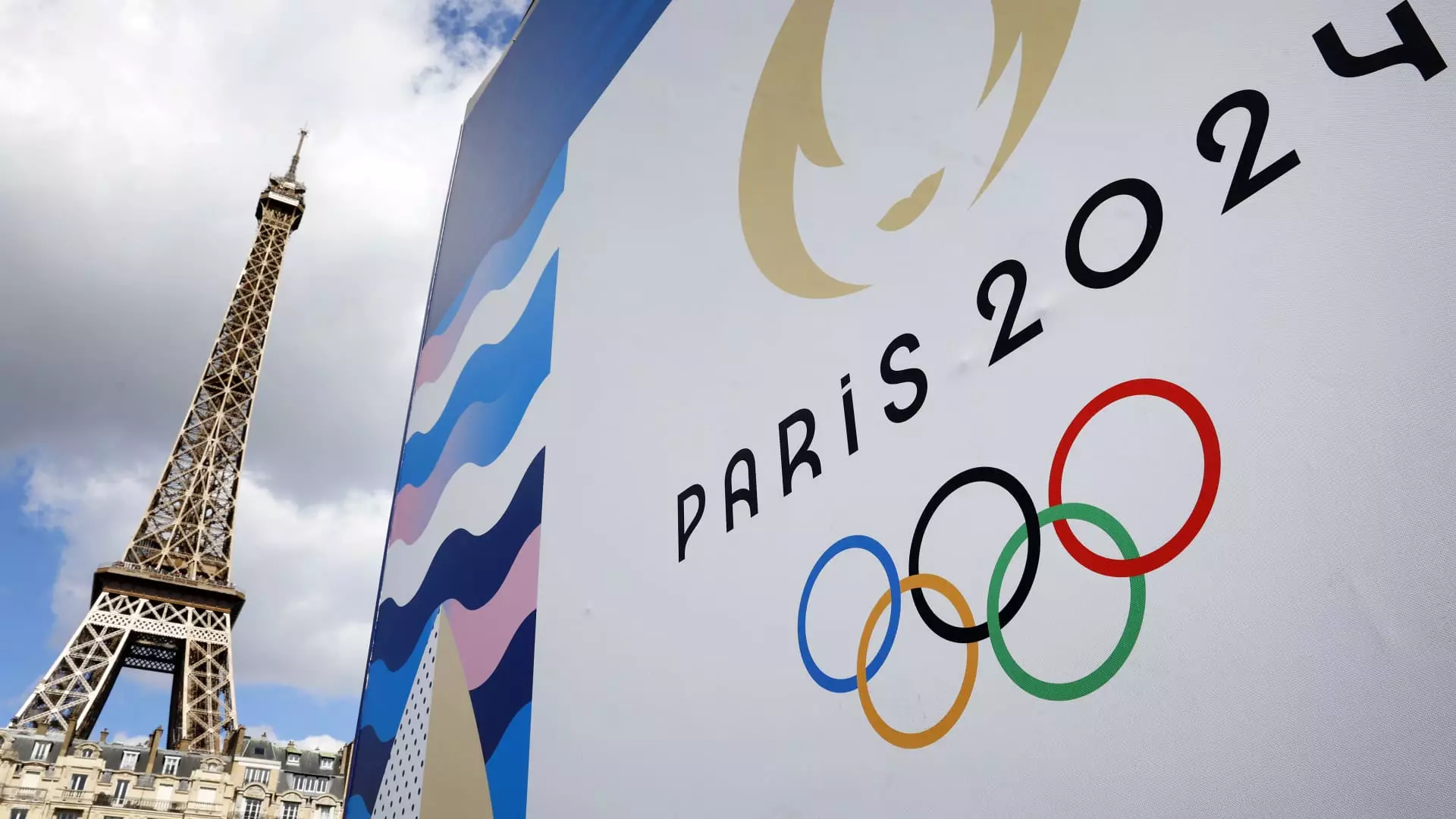When it comes to the upcoming Olympic Games in Paris, it seems that not everyone is eager to visit the city of love. According to Delta Air Lines CEO Ed Bastian, travelers are actively avoiding Paris this summer in favor of other destinations. This shift in travel patterns has resulted in a significant $100 million hit for the airline, impacting its third-quarter profit and revenue forecast.
One of the main reasons for the decline in travel to Paris during the summer months is the upcoming Olympic Games. With the event scheduled to take place from July 26 through August 11, many potential tourists are opting to postpone their trips until after the games are over. Additionally, the soaring prices of hotel rooms in the city are serving as a deterrent for travelers, with rates expected to increase by as much as 45% in July and August compared to the previous year.
While the summer months may see a decrease in travel to Paris, airlines like Delta are finding opportunities in off-peak seasons. Delta’s president, Glen Hauenstein, highlighted the trend of travelers shifting their European vacations to September and October, providing airlines with the chance to generate more revenue outside of the traditional peak travel season. This shift is particularly beneficial for airlines looking to cater to a broader range of travelers, including retirees and individuals without school-aged children.
Despite the decrease in travel to Paris, there are other destinations that are experiencing an increase in demand. Hauenstein pointed out that travel to Japan is on the rise, thanks to a favorable exchange rate for U.S. tourists. The strengthening of the yen has made Japan more affordable for American travelers, leading to a surge in bookings to the country.
It is evident that the Olympic Games have a significant impact on travel patterns, with many travelers choosing to avoid Paris during the summer months. However, airlines like Delta are adapting to these changes by exploring opportunities in off-peak seasons and alternative destinations. As the travel industry continues to evolve, it is essential for companies to remain flexible and responsive to shifting consumer preferences.

